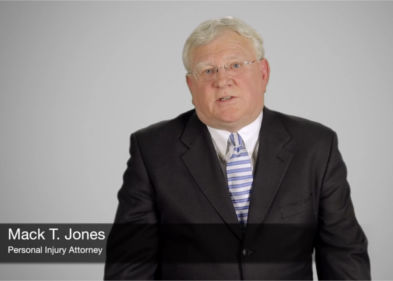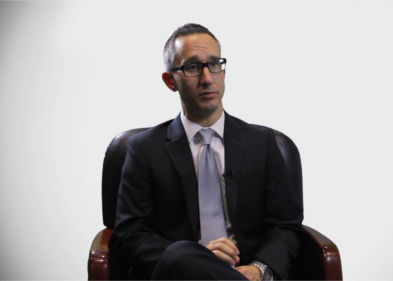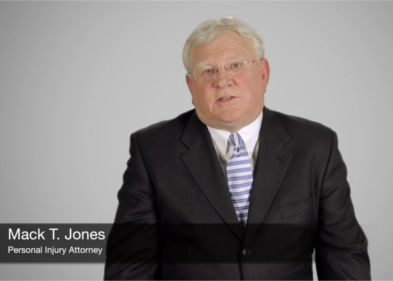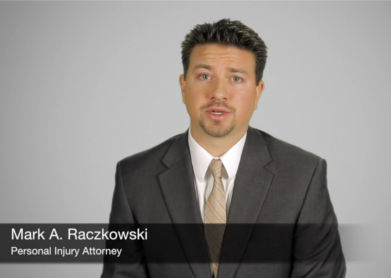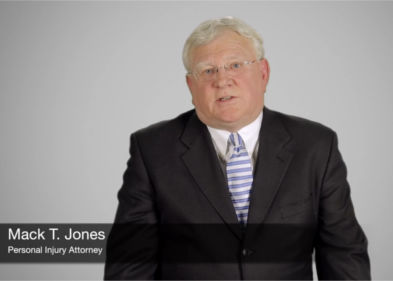How to Handle Insurance Adjusters During Your Premise Liability Case | Arizona
Mack Jones
My name’s Mack Jones and I’m a personal injury attorney here in Phoenix, Arizona at Jones, Raczkoski PC. There’s a “catch-22” in premises liability cases. Typically you’ll be asked by an insurance adjuster or defense attorney at some point, did you see what caused you to fall before you fell? There’s only two answers, yes I saw it or no I didn’t. But they’re prepared for either answer. If you say, yes I saw it then their argument is going to be you should have avoided it. If you say, no I didn’t see it, they’re going to say it was right in front of you. There are reasons why people fall even though they saw something and there are reasons people fall even though they didn’t see something because it was not visible. If you have a case like that you need it professionally evaluated by somebody like us, Jones Raczkowski PC. (602) 840-8787.
By: Mack Jones
My name’s Mack Jones and I’m a personal injury attorney here in Phoenix, Arizona at Jones, Raczkoski PC. There’s a “catch-22” in premises liability cases. Typically you’ll be asked by an insurance adjuster or defense attorney at some point, did you see what caused you to fall before you fell? There’s only two answers, yes I saw it or no I didn’t. But they’re prepared for either answer. If you say, yes I saw it then their argument is going to be you should have avoided it. If you say, no I didn’t see it, they’re going to say it was right in front of you. There are reasons why people fall even though they saw something and there are reasons people fall even though they didn’t see something because it was not visible. If you have a case like that you need it professionally evaluated by somebody like us, Jones Raczkowski PC. (602) 840-8787.
By: Mack Jones

